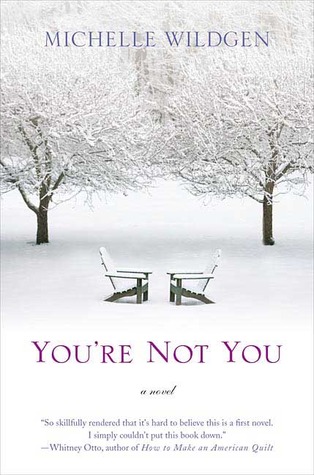
In her debut novel, Karen Russell introduced us to the Bigtree family, the stars of a dingy amusement park called Swamplandia!, somewhere in murky southwest Florida. It's a relic of old tourist traps, a family whose father styles himself as a stereotypical '60s Indian - headdress, "Chief," heap big gift shop for the mainlanders to buy postcards and T-shirts - and whose mother wrestles alligators in a swimming pool twice daily. Then mom dies of cancer and grandpa needs to move to a nursing home and the crowds stop coming and a new attraction with a great big slide and wave pool opens up. The bills are coming due and so the Chief heads to the mainland on a "business trip," leaving his three kids to fend for themselves.
The son, Kiwi, beats a path to the competing theme park to get a job there and help pay the family debt. Unfortunately, with so little interaction with other teens, he's a target for teasing and abuse, and lacks an understanding of how money really works. Middle sister Osceola falls in love with what she explains is the ghost of young man who died while working for a dredge ship about seventy years ago and vanishes, set to marry him. Eleven year-old Ava, the heroine of the story, who narrates alternating chapters, sets out for the Underworld to rescue her. She leaves in the company of a Bird Man, an oddball itinerant who seems to be able to convince buzzards to leave various places and then demands payment.
I've said that I love Flannery O'Connor, and I do, but there was a dark and horrible undercurrent to many of her stories. Somehow, I'm able to skim the eccentric and silly surface of things and overlook what I don't like. Swamplandia! sparked controversy that just won't end, not just for the child rape, but that the rape is unreported and unpunished. Worse still was the growing, sickening feeling, for pages and pages, that you know what's coming and are hoping for some way around it. It genuinely left me nauseated, and I finished the book searching for retribution that never came. All the eccentricity and fun in the world couldn't overcome my compulsion to vomit. Not at all recommended.



